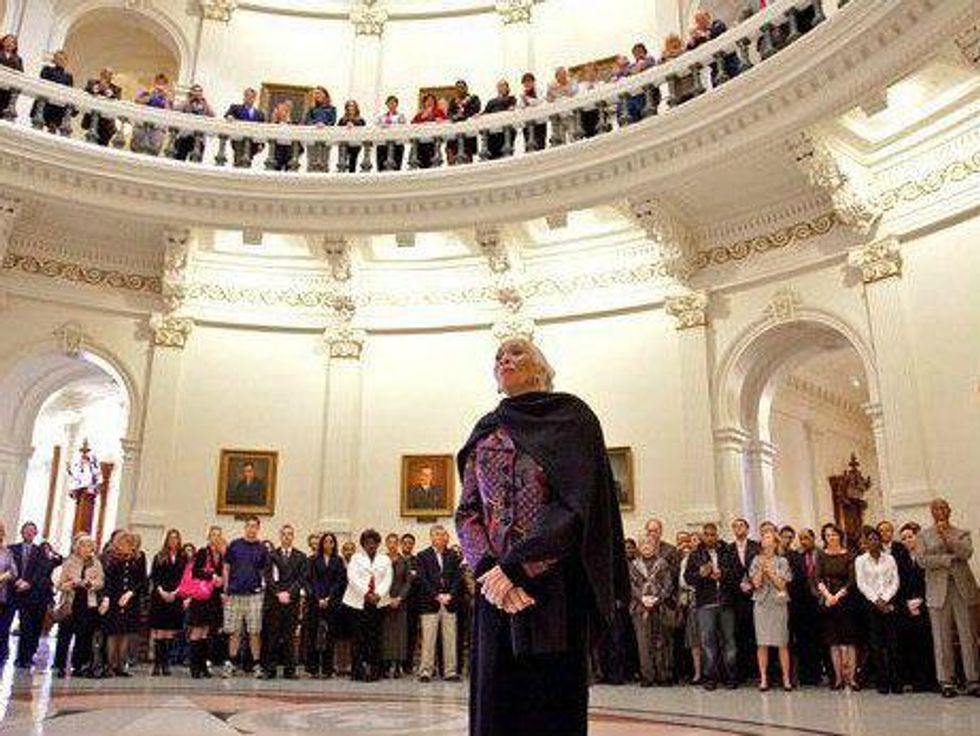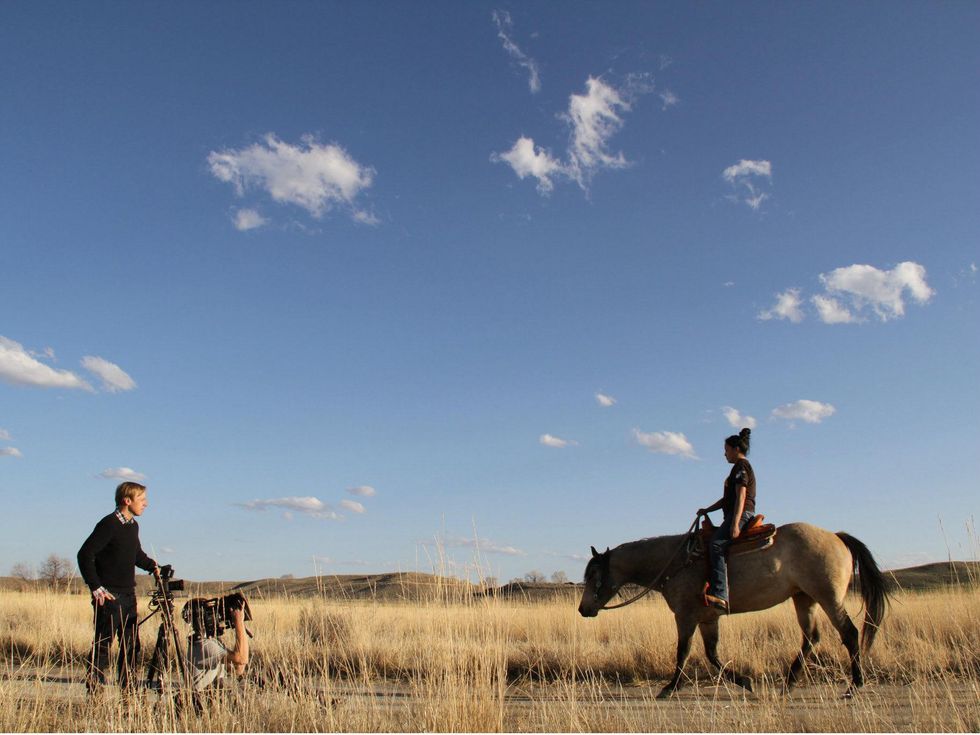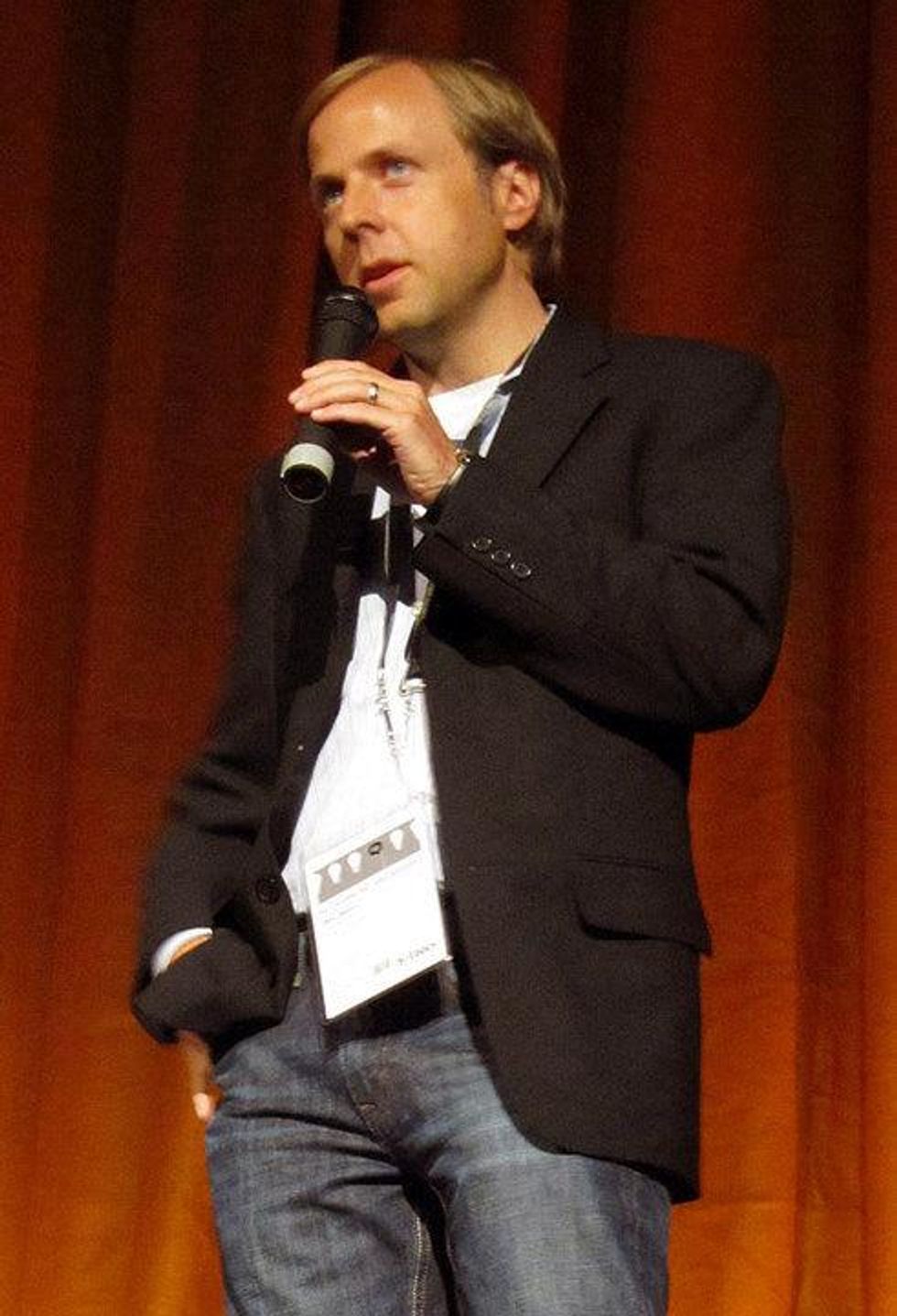The CultureMap Interview
Austin documentary filmmaker Mat Hames on seeing the world through another lens
Inspirational and impactful best describe Mat Hames' feature documentary When I Rise, which tells the story of mezzo-soprano Barbara Smith Conrad. The film, which recently screened at Lights. Camera. Help, chronicles Conrad's journey from discrimination on the UT campus as a gifted young music student to the heights of the international opera community.
Recently we sat down with the Austin filmmaker and co-founder of Alpheus Media to discuss his craft, how he treats his subjects and why he chose to documentaries.
CultureMap: Why do you enjoy directing documentary films as opposed to narrative features?
Mat Hames: What I like about documentaries is you get to ask big questions in a personal way. The world has a lot of insurmountable problems, and they are very complex. To understand the world, you have to be able to understand how human beings experience problems.
My approach is to tell these stories about the bigger issues through the lens of a single person. On the other hand, narrative films requires a different skill set and a different kind of discipline. To actually execute [them] requires a huge number of people, and at some point the story can eventually get out of your control ... and make it a lot more difficult to bring a singular vision and authenticity to fruition.
CM: What are the pros and cons of working on smaller projects?
MH: When you are going into a situation where people are not used to having a camera in their face, it’s less intrusive to have a smaller crew, but it takes longer to get enough footage to edit. When you have to work under a deadline because of budget constraints, you need to be more efficient.
A larger crew can add benefit because it allows you to move faster and broaden your coverage.
CM: When directing a documentary, how do you extract information that remains true to your subject?
MH: I simply just try to get out of the way. There is a lot of prep work that takes place before we film. [Prior to filming] I typically spend a lot of time on the phone and in person with that person, so they get to know me and what my agenda is beforehand. That can help.
CM: Does your personal relationship with your subject ever alter the authenticity of the story?
MH: When working on a documentary, I have to really like the person. There's a period of time spent talking to them to figure out who they are and how I can reflect that back to an audience. The person is more important than whatever message I am trying to get across.
CM: What skills must a filmmaker have when directing a documentary?
MH: There are so many different types of documentaries, but overall you have to generally enjoy people and enjoy talking to them. You must be willing to be protective of their feelings, because the work you create will live on.
When you move on to another project, they could be haunted by the work you created. I think about how this will impact the rest of their life.
CM: What is the reaction you look for after your subject sees the film?
MH: “That was true” would be the best reaction, I think.
CM: Which documentary has been the most rewarding?
MH: They all have been incredibly difficult, honestly, and have an equal share of ups and downs. With every feature documentary I have directed, there have been moments where I thought, "This is a bad idea. I want to quit." But there are lots of little moments that make it rewarding.
I enjoy the lasting friendships that have been forged. I am privileged to be in a world that I would've never had the opportunity to otherwise if I wasn't filming them, and to experience that place in the way they have lived.
---
When I Rise is currently available on iTunes, Amazon Prime and at PBS.org.






